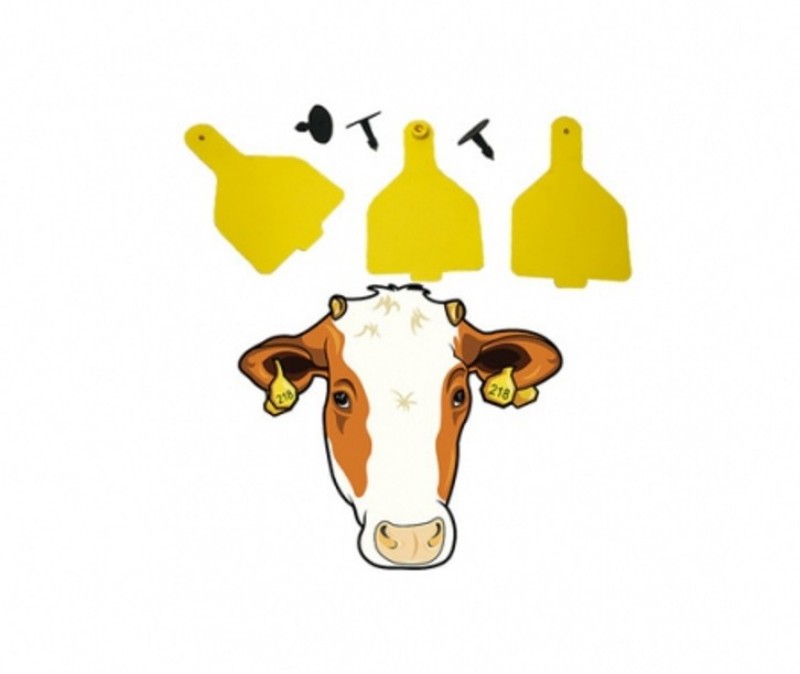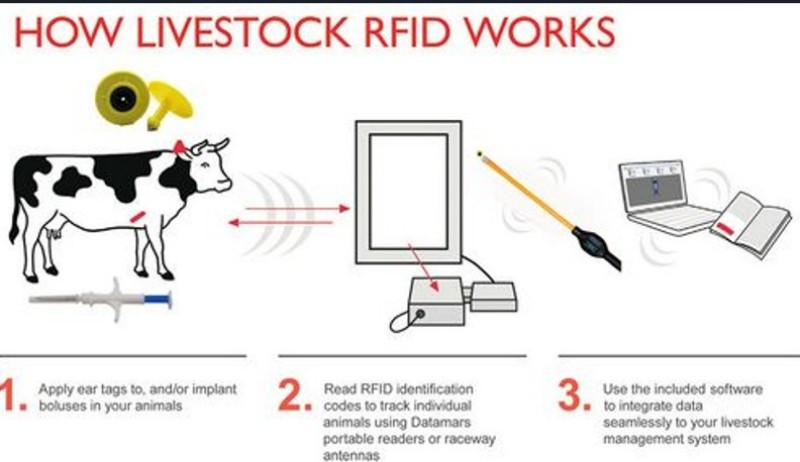The introduction of radio frequency identification (RFID) technology is set to transform livestock management practices and is a major advancement in agriculture. This innovative technology provides farmers with a more efficient and accurate way to monitor and manage their herds, ultimately improving productivity and animal welfare.
RFID technology uses small electronic tags that can be attached to livestock to enable real-time tracking and identification. Each tag contains a unique identifier that can be scanned using an RFID reader, allowing farmers to quickly access important information about each animal, including health records, breeding history and feeding schedules. This level of detail not only streamlines day-to-day operations, it also helps make informed decisions about herd management.


One of the most significant benefits of RFID technology is its ability to improve traceability in the food supply chain. If a disease outbreak or food safety issue occurs, farmers can quickly identify affected animals and take necessary actions to mitigate the risk. This capability is becoming increasingly important as consumers demand greater transparency about where their food comes from.
In addition, RFID systems can improve labor efficiency by reducing the time spent on manual record keeping and monitoring. Farmers can automate the data collection process, allowing them to focus on other critical aspects of their operations. Additionally, the integration of RFID with data analytics tools can provide insights into herd performance, allowing farmers to optimize breeding and feeding strategies.
Another Implantable animal tag syringes are widely used in supporting products such as cats, dogs, laboratory animals, arowana, giraffes and other injection chips; The Animal Syringe ID LF Tag Implantable Chip is a modern technology designed to track animals. It is a small syringe that injects a microchip implant under the skin of an animal. This microchip implant is a Low-Frequency (LF) tag that contains a unique identification (ID) number for the animal.
As the agricultural industry continues to adopt technology, the adoption of RFID in livestock management represents a critical shift toward more sustainable and efficient agricultural practices. With the potential to improve animal welfare, enhance food safety and increase operational efficiency. SFT RFID technology is expected to become a cornerstone of modern livestock management.
Post time: Nov-06-2024








